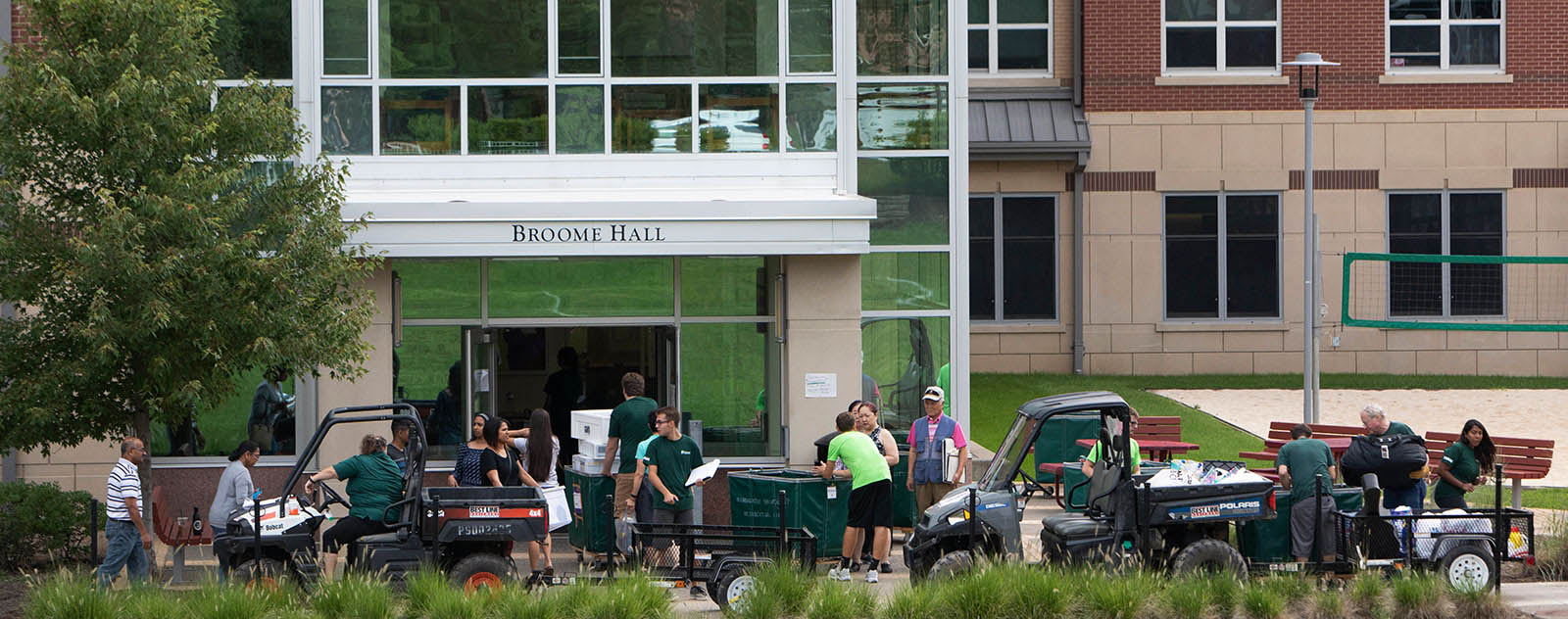What You Need to Know About Foreclosed Homes Auction
What You Need to Know About Foreclosed Homes Auction the real estate market is an ever-evolving ecosystem. Trends fluctuate. Prices rise and fall. And yet, one thing remains consistently intriguing: the concept of a Foreclosed Homes Auction. These events blend opportunity with urgency, promising incredible value—if you know how to navigate them.
Whether you’re a first-time homebuyer, seasoned investor, or a house-flipping enthusiast, understanding the ins and outs of a Foreclosed Homes Auction could open doors to a whole new real estate adventure.
Let’s dive into everything you need to know before you raise that bidding paddle or click that online bid button.
What is a Foreclosed Homes Auction?
At its core, a Foreclosed Homes Auction is the public sale of a property that has been repossessed by a lender due to the homeowner’s failure to meet mortgage obligations. In simpler terms, the bank takes back the house and tries to sell it to recover the unpaid loan balance.
These auctions are often fast-paced and competitive. But they can also be goldmines for those willing to do their homework and act swiftly.
Why Homes Get Foreclosed
Let’s clarify why these homes end up on the auction block in the first place:
- Missed mortgage payments
- Unpaid property taxes
- Homeowner default on a loan
- Legal or financial disputes
When such issues arise, lenders are typically left with one option: initiate a Foreclosed Homes Auction to recover losses.
Types of Foreclosed Homes Auction
Not all auctions are created equal. Understanding the types is essential before you make any moves:
1. Judicial Auction
These are held under court supervision. After a lender files a lawsuit against the borrower, a judge may order the property to be sold at a public auction. These are typically held on courthouse steps or online.
2. Non-Judicial Auction
In states with “power of sale” clauses in mortgage contracts, lenders can bypass court proceedings. The property is directly auctioned by a trustee or lender, often at a county recorder’s office.
3. REO (Real Estate Owned) Auction
When no one bids on a home during initial auctions, it becomes a Real Estate Owned property, owned by the bank. REO properties are often listed in bulk auctions or on specialized platforms.
Each type of Foreclosed Homes Auction has its own rules, timelines, and processes—know the difference before you bid.
The Appeal of Buying at a Foreclosed Homes Auction
What makes these auctions so appealing? It boils down to a few irresistible perks:
- Lower Prices: You can score homes below market value.
- Investment Potential: Ideal for flipping or renting out.
- Speed: Faster transactions compared to traditional purchases.
- Less Competition (Sometimes): Not everyone’s brave enough to bid at an auction.
But remember: rewards come with risks. Let’s explore those next.
The Risks You Should Be Aware Of
Buying a home at a Foreclosed Homes Auction isn’t all sunshine and profit margins. Here are potential pitfalls:
- As-Is Purchases: You inherit all problems—visible and hidden.
- No Interior Access: Many times, you can’t inspect inside before bidding.
- Back Taxes or Liens: Some properties come with baggage—financial and legal.
- Squatters or Tenants: The home might still be occupied.
So, before you dive in headfirst, understand what you’re getting into.
How to Find Foreclosed Homes Auction Listings
You can’t win if you don’t know where the game is. Here are reliable places to spot auctions:
- County Courthouse Notices
- Online Platforms like Auction.com, Hubzu, and RealtyTrac
- MLS Listings (for REOs)
- Bank Websites with foreclosure departments
- Local Newspapers (yes, they still matter!)
Staying ahead of the curve means watching these channels regularly.
Preparing to Bid at a Foreclosed Homes Auction
You’ve found a listing. Great! Now what?
1. Do a Drive-By Inspection
Even if you can’t get inside, check out the neighborhood, roof condition, yard maintenance, etc.
2. Research Title Status
Ensure the property doesn’t carry unpaid taxes or hidden liens. Hiring a title company to run a report can save you from future headaches.
3. Check Auction Rules
Every auction has its playbook. Understand deposits, minimum bids, payment deadlines, and refund policies.
4. Secure Your Finances
Most Foreclosed Homes Auction sales require full payment within 24–48 hours. That means:
- Have cash or cashier’s check ready.
- Pre-arrange hard money loans if needed.
- Traditional mortgage lenders may not fund auction buys.
Tips to Win at a Foreclosed Homes Auction
Here’s where strategy kicks in. Be smart, not reckless:
1. Set a Budget—and Stick to It
Auction fever is real. Don’t get caught up in the hype. Set your limit and don’t flinch.
2. Start Low but Be Strategic
Starting low is great, but if it’s too low, you might scare off sellers. Balance is key.
3. Watch Other Bidders
Veteran bidders often give off subtle signals. Watch. Learn. Adapt.
4. Know When to Walk Away
If bidding gets hot and exceeds your budget, exit gracefully. There’s always another Foreclosed Homes Auction tomorrow.
Post-Auction Checklist
Congratulations, you’ve won the bid! But it’s not over yet:
- Make Immediate Payment: Follow auction terms strictly.
- File for Title Transfer: Work with your county office or legal team.
- Clear Occupancy: If the home is occupied, follow local laws to resolve the situation.
- Renovate: Depending on the home’s condition, be prepared to invest in repairs.
The road after the Foreclosed Homes Auction win can be complex but rewarding.
Should You Flip, Rent, or Reside?
What’s your end game?
- Flipping: Quick profit, but requires renovation skill and market timing.
- Renting: Great for long-term cash flow.
- Living: If you scored a dream home at a dream price—why not move in?
Your strategy depends on your goals and risk appetite.
Tax Implications of Buying a Foreclosure
Here comes the less glamorous but equally important part.
- Property Taxes: Ensure they’re cleared or accounted for in your budget.
- Capital Gains Tax: If flipping, you’ll be taxed on your profit.
- Rental Income Tax: Renting means new income streams—and IRS reporting.
Consult a tax advisor familiar with real estate to keep your filings airtight.
Is a Foreclosed Homes Auction Right for You?
If you thrive on fast-paced environments, are financially prepared, and enjoy real estate dynamics, then absolutely.
However, if you prefer safer, traditional routes—maybe not.
But even for cautious buyers, the lure of a Foreclosed Homes Auction is undeniable. It’s a realm of potential where your money could stretch further, your investments could scale faster, and your real estate dreams could take form.
Final Thoughts
Navigating the world of Foreclosed Homes Auction requires grit, research, and a dash of boldness. It’s a world where opportunities are masked as challenges, where value lies in the eye of the informed bidder.
From courthouse steps to sleek online platforms, from hidden gems to rehab-ready fixer-uppers, the options are vast—and growing.
So whether you’re in it to flip, rent, or finally own a home of your own, remember this: knowledge is your most powerful bidding tool. And the more you know, the better the deal you’ll strike.
The next time you pass by a “Foreclosure Auction Today” sign or scroll through an intriguing listing, you just might be ready to pounce.








